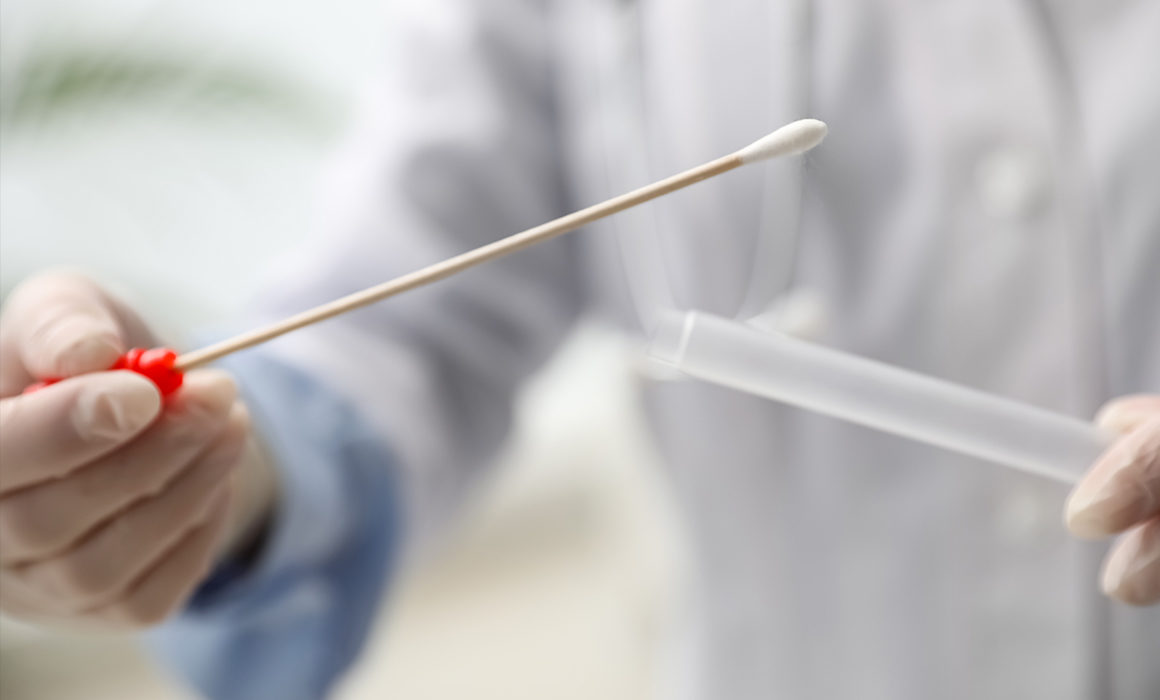Starting this week, students, staff, and faculty at the Technion will receive a rapid COVID-19 test developed by one of its own: Professor Naama Geva-Zatorsky.
The test is a welcome protective measure, coming at a moment when Israel has tightened its lockdown in an effort to curb the latest surge. Infection rates are at record highs despite a successful vaccination campaign, in which 70% of Israelis 60 years and over have already had their first COVID-19 shot.
The test, called “NaorCov19,” rapidly diagnoses the SARS-CoV-2 virus from a saliva sample that is heated to 149 degrees Fahrenheit. If the sample changes from red to yellow, the test is positive. The test takes about 40 minutes to process, and dozens or even hundreds of samples can be processed simultaneously. Thanks to its simplicity and rapidity, the test will eventually be suitable for home use and for rapid testing in workplaces, airports, schools, and elsewhere.
NaorCov19 is part of an experiment that has received approval from the Helsinki Committee of the Hillel Yaffe Medical Center, responsible for authorizing medical research and trials in Israel on humans. But since the test is still awaiting approval by Israel’s Ministry of Health, those who test positive must go on to take a traditional PCR test for confirmation.
Prof. Geva-Zatorsky of the Ruth and Bruce Rappaport Faculty of Medicine developed the test in her lab on campus in April 2020. The technology was then commercialized for further development by Rapid Diagnostic Systems Ltd.
Living alongside COVID-19 is an enormous challenge. I hope and believe the rapid implementation of the novel technologies developed by Technion researchers will assist us in arresting the spread of the virus.” – Technion President Uri Sivan
At the start of the 2020-21 academic year, the Technion administration announced an initiative led by Executive Vice President for Research Professor Koby Rubinstein and other faculty to offer multi-layered protection to campus visitors. The first layer of “Creating an Open and Safe Campus” required students and faculty to wear masks and social distance. The second layer made use of another Technion innovation, sewage monitoring, to detect COVID outbreaks on campus through its wastewater. And the soon-to-be implemented third layer will employ Prof. Geva-Zatorsky’s NaorCov19 test to track and diagnose cases on campus.
The NaorCov19 tests are available free of charge to encourage frequent testing and maintain health on campus. In the future, the test will be extended to campus visitors.


